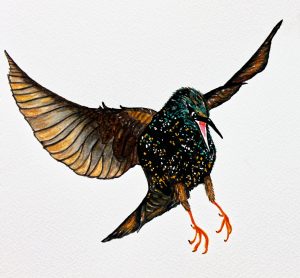This story was inspired by a stone I picked up when out for a walk with my mum. We were at the top of a small hill and scattered around were  fragments of stone, many of which were flint which is often broken to strange shapes.
fragments of stone, many of which were flint which is often broken to strange shapes.
For some reason, to me, they looked like stone bones strewn on the grass – but somehow, not in a morbid way. It was as if the bones had gone home to nature.
To me, our physical bodies are nothing but a shell we inhabit for a while and the true essence of ‘us’ is somewhere inside. But what if the outer casing were thrown apart when we reached our natural end and our inner selves were released?
I like to think that everything natural in this world is connected somehow and I wonder, if perhaps, true, kind and enduring love, could maybe create bonds so strong they cannot be broken by the passing away of our physical forms.
In essence, this is a love story.
The Crows Know
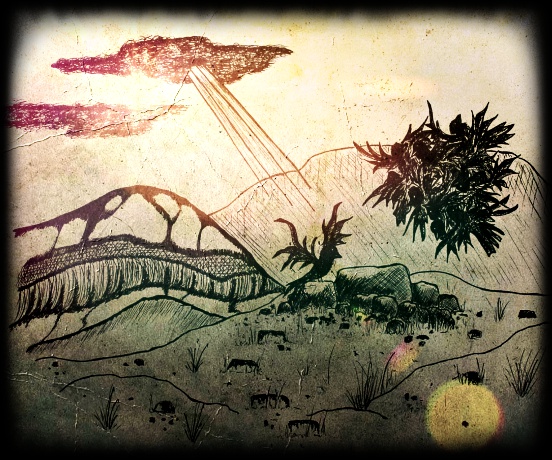
The old woman smiled as she heard the faint, soft patting noise that the crow’s feathers made against the small window. She gently squeezed the once strong, but now thin and frail hand of her husband as he sat under layers of old but warm blankets, then got up to let their feathered friend in.
The crow had become a part of their lives two, perhaps more, years before. They had been out walking in the foothills of the mountain, at the bottom of which they had lived their long lives and amongst the scrub which covered large stones, weathered and beaten by wind, they had found him sending up his caw cry; a sound that carried on the wind further than it had any right to. The crow was lamenting, he was stood beside the body of his partner and being a creature to mate for life, the loss of his soulmate was what caused his painful call.
The old couple had felt for him, they too had been paired together their whole lives and with gentleness they had reached out to the corvid, offering a small token of fruit that they had carried with them on their foray that day.
Arriving home later that evening with bundles of wood for their fire and a cloth sack bulging with wild foraged foods, they were pleasantly surprised to find a guest waiting for them amongst the thatch of their roof.“Good evening, Mr Crow,” they had said. “Would you care to stay with us a while?”
As the seasons passed and the sun grew and shrunk around the blue in the sky, while the snow fell in soft mountains transforming the landscape, while the colours around them changed with the bloom and ebb of the wild flowers and trees, the old couple and the crow became inseparable.
The year turned once more and the stronghold of winter was finally weakening. New life was fractious and bursting with ferocious speed and colour began to saturate the world around them faded sepia by the colder months.
The old couple, having lived their entire lives in this sparse corner of the land, had grown used to gathering and storing all they needed to get them through the season that held them hostage at home. But once the warmth began to return to the sun and it was possible to open wide the doors and windows and allow the scent and vitality of new air to seek out and touch every corner of the house, they could begin again to live beyond the boundaries of their walls.
But the new life-blood of nature was not to win out this year, for over the winter the old man had become ill. His wife had not yet seen the signs of his weakening, as he had been careful to hide the worst from her, not wanting to lay upon her breast a sorrow. But the crow saw it all. Although he would still take to the pale and icy skies at the zenith of the day, slicing the air with strong wings of black and calling his continued lament of loss, often, he would spend his time near to the old couple, either in or around their home as if watching over them; a caring sentinel, forever grateful for their kindness.
It was not unusual for either the old man or woman to talk to the crow chattering away about daily life, rhetorically soliciting advice, laughing at themselves sometimes for doing so, and yet, each with a pervading feeling that he understood.
On a morning where the early air held enough warmth and light to encourage the bones to want to be outside, the old woman dressed herself ready to spend some time looking for the fresh herbs that grew not far from their home. She had asked her husband if he would like to join her, but he had said he would like to stay behind to begin repairs on the willow fencing which had been knocked and battered by winds that had screamed and bullied their way through a few weeks before.
Standing for a moment with her face turned up to the sun, feeling the restorative power it gave she was struck with a sudden unease. Telling herself it was merely a fidgety shadow leftover from the long months inside, she started to make her way down the path laid with large stones embedded into the earth.
Before she had stepped three paces, she was stopped fully by the crow who had swooped down in front of her calling wild cries and extending his feathered reach wide; opening and closing frantic flaps of wings causing ripples in the still and silent air. Having halted the old woman, the crow now stood silent and cocked his head to one side looking directly into her eyes and softening his language to a gentle but persistent krack-krack.
The old woman’s heart fell cold. Unbidden, she dropped the sack she had been carrying and this seemed to break the deadlock stare. Hurrying into the house she fell to her knees beside her husband who was lying on the floor, unable to speak and shaking throughout his whole body.
It was a dark day, despite the bright sunshine that sent arrows of dusty sunlight pinpointing upon the wooden floor. It had taken a long time for the old woman to bring her husband back to the world in which she was rapidly beginning to distrust and longer still for them both to struggle him to his chair. She enveloped him in blankets, kissed his cheek and stroked a forehead that was both hot and cold at the same time.
It was clear that he was not long to stay with her and that he would not leave the house again until his last departure.
Their lives changed, but like the flow in a river that finds its path strewn with boulders, the way they lived moved and moulded around their new world. Instead of spending days together roaming the land, tending to outside chores and conversing with the wild and free of nature, they sat together, side by side and talked and watched and listened.
Their world expanded in new ways. They explored long lost memories, delighted in the joy of humming tunes that had been ever present in their lives. They spoke of past events both endured and enjoyed together and they watched the world outside their door in more detail and with more love for it than ever before.
The only time the old woman left her husband’s side, was when he was sleeping so deeply she knew he would not wake and fret to find her absent. In these moments, she would stand from her chair, now permanently by his, and stretch her weary limbs. She took fresh air in the garden and continued to tend the food that grew around their home. Only when the old man’s sleeping became longer and fuller did she start to wander further returning with trinkets of nature for her husband to feel in his old hands or smell as she held them to his face.
It was on such a day that as she was bending to scoop fresh water from a stream to cool her brow that she heard a familiar voice beside her. The crow was standing close by and calling to her, gently but with insistence.
“Now, what is it you want, Mr Crow? You know I always ask you to stay behind and keep an eye on my husband. Whatever do you mean, coming out this way and bothering me, so?” It was a gentle chide and in fact, she was pleased to see her friend and hear his voice for she could not help but feel impending loneliness tug upon her sometimes.
The crow tilted his head to one side and their eyes met. He began to hop and flutter along the ground until he stood still upon a half-hidden stone at the bottom of an incline.
The old woman followed the bird and stooped to see closely what it was her attention had been drawn to. She brushed aside loose earth and moss and noticed as she did so, that there was another stone, just like this one, only a short distance further up. With care, she stepped upon it and so became aware that she was standing on the first two of what seemed to be steps reaching into the distance above.
The sky was beginning to fall through shades of blue and shadows to creep and blacken the land. “I must return home,” she muttered, “but I’ll think upon this, for I never knew before about these steps, and I have lived here all my life.
Later that night, when her husband had been roused from sleep to take a little soup and water and to hear the things his wife had told him about what she had seen that day, before once more returning to sleep; the old woman sat in her chair in contemplation. She looked at the crow who was perched on a roof beam making gentle feathery sounds and asked him, “What are you telling me, good sir? I know you never say something unless you have cause to.” The crow, as if in answer, fluttered to the back of the old man’s chair and cawed as softly as his cracked voice knew how. “I see,” she replied and held her man’s hand just a little bit tighter.
Over the next few weeks the old woman headed out to the stone steps each day and as the sun rose and passed she cleared away over-grown grass and weeds and brushed aside stones and earth to gradually climb a little higher until at last, drenched in sweat and aching to the marrow of her bones, she reached the top.
She stood in awe. All around her she could see the roll and dip and the curves of the land stretching away until the green and brown met the wide and open sky. A breeze stuck tendrils of her long white hair against her cheeks and she sat upon the warm stones of a cairn about which fragments of flint lay scattered like broken bones.
That evening she was exhausted and it was all she could do to minister to her husband and place into his palm a small piece of stone she had brought back with her.
It had been a long time since he had had the strength to speak, but on this night his dry lips parted and in papery whispers he said, “This stone, like my bones and yours, belongs to the land. Tomorrow, we will take it back. The crows know, listen to the crow’s call. I will always be by your side.”
He died that night. She, sat by his side and the crow upon the mantelpiece, heard his last breath leave and with it, the old woman thought, so too did warmth and sound and light.
She did not sleep but kept vigil for dawn, the first ray of which was heralded by the gentle caw of the crow who had stayed silent and still with her through the long hours. She swaddled her husband in a sheet, his body so frail and small now that she could lift him and in a cradle and carry him upon her back.
It took many long hours, each step difficult and painful and yet, she did not want the climb to end but eventually she hauled herself onto the cairn and sat for a while with the weight of her husband pressed against her back still. The crow called, “Caw-caw.”
Tears coursing down her face, blurring her eyes and wetting her lips with salt, she shooed at the bird trying to block out his voice and the cry to let go. Out of grief she picked up a stone as if to throw it at the bird but before she could do so, she noticed it was the one she had brought home to her husband, he must have held it in his hand until he passed and only now was it shaken loose from his fingers. As clear as if he were standing beside her and speaking gently into her ear, she heard him say, “The crows know, listen to the crow’s call.”
She released the stone and nodded to the bird in acceptance and apology. He dipped his head back to her and stood watch while she untied the knots in the sheet and let go.
Months passed. Seasons turned. The old woman and the crow continued to potter around the small home, tending the garden until winter took hold and forced them inside for the long months and before long life returned once more. But this time, it was the old woman who had grown weary and frail.
One morning, when the sun was warm but the air still held a bite from the early Spring, the old woman stood in the garden on the old flagged path and watched the crow as he flew in towards her. He hadn’t often strayed from her side since the day she had lain her husband upon the cairn, but over the last few days, he had taken to flying out early and returning to her with the scent of fresh air upon his wings.
“Caw-caw,” he called from atop a fence post and the woman smiled. “Well then, she said, lead the way, good sir. I am old, but I will follow you, for I’m not sure I will remember the way by myself, it having been nearly a full year.”
The climb did not take so long, this time for, although she was a year older, there was an eagerness to her step and by the time she reached the top there was a long-lost blush of vigour in her cheek. The view was as breath-taking as it had been before and she sat, once again on the cairn, her fingers gently smoothing over the stone bones around her.
The crow called to her and as she lay back, feeling the warmth that the sun had imbued the into the rock, she said, “Thank you, Mr Crow. You have been a good friend. I am sorry to leave you, but I am not sorry to go. I believe, it is time.”
She closed her eyes and the sound of the corvid grew louder, faster and multiple. There must be hundreds of them, she thought, I hear them, I hear them all. She began to sink deeper into herself and as she did so, she felt her body lifted by feathers and the beating of wings was all around her. The air grew colder as she was raised into the sky; one moment she was cloaked in soft black fronds and then – they let go. As her body fell, the old woman left the shell of skin and flesh that had grown old with her years and by the time her bones fell upon the cairn and scattered wildly to lie with the others she had so recently been caressing – she, was soaring.
It had been years, so very many years since she had felt so light and free. The wind pushed against her face and she looked to her side to see her stretched out limbs and saw instead elegant feathers, so deeply black that they shone with purple and green. And far below, a dark figure called to her with a voice so familiar she turned abruptly to fly to him. The Crow was filling the air with his cry and it was with joy that she realised her husband had kept his promise and in the corvid body of her companion, had stayed by her side, keeping her company until she was ready to join him. He flew to her, full of energy and life now and on the wind, she heard:
“The Crows know, hear the crow’s call,” and she replied, “Caw-caw.”
 end up with. For example: Chicken 11. This is the extreme-end far removed from the thorough listing of all possible ingredients in a dish.
end up with. For example: Chicken 11. This is the extreme-end far removed from the thorough listing of all possible ingredients in a dish.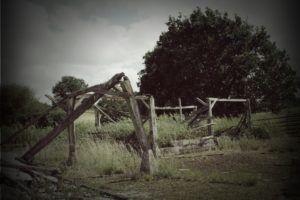
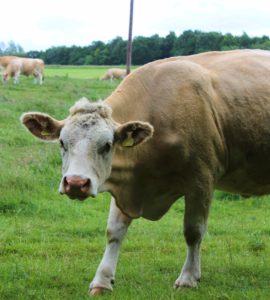

 fragments of stone, many of which were flint which is often broken to strange shapes.
fragments of stone, many of which were flint which is often broken to strange shapes.
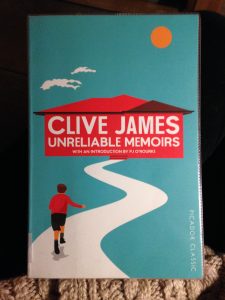
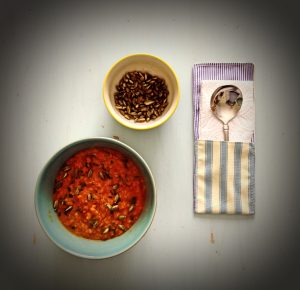
 Just before Christmas, I think I was starting to send MOTH slowly insane with terrible jazz in the morning. This wasn’t in any way a purposeful thing, there was no dark plot to unsettle his mind and to be honest, my own sanity was beginning to become a little twitchy-eyed.
Just before Christmas, I think I was starting to send MOTH slowly insane with terrible jazz in the morning. This wasn’t in any way a purposeful thing, there was no dark plot to unsettle his mind and to be honest, my own sanity was beginning to become a little twitchy-eyed.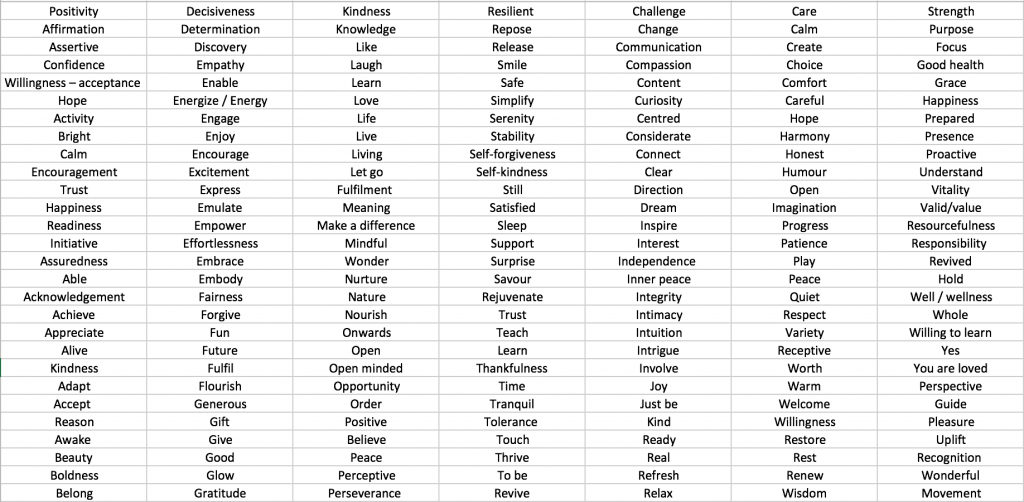
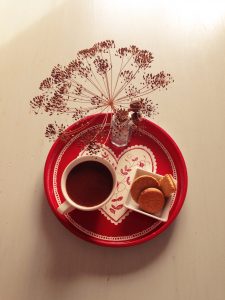
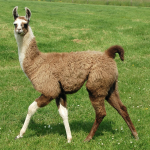 superseding unicorns as the hot fashion this year? Expect to see someone clad in llama pyjamas slouching around your local supermarket soon.)
superseding unicorns as the hot fashion this year? Expect to see someone clad in llama pyjamas slouching around your local supermarket soon.)
